Tel Aviv University
Tel Aviv, Israel
website
website
Biological invasions constitute a major global threat to indigenous communities. Marine ecosystems are particularly vulnerable as organisms can spread rapidly and are harder to detect. The invasion of Red Sea species into the Mediterranean Sea is among the most extensively documented marine bioinvasion phenomena. The proximity of the Red Sea tropical environment and the Israeli Mediterranean
rocky shore, together with the opening of the Suez Canal, present a unique geographic advantage for studying marine bioinvasion along the coasts of Israel. Comparative studies of introduced organisms from ecological, physiological, and genetic aspects can be performed readily in their native and introduced ranges. The proposed project aims to I) develop an early detection monitoring system for sessile introduced species in the Mediterranean and Red Sea, II) develop models of the dispersal patterns of non-indigenous species based on field and experimental data investigating the salinity and temperature thresholds of introduced species, and III) enhance regional sharing of information by establishing a database of marine introduced species, and by contributing scientific data to open-access databases such as The World Register of Marine Species and the Open Biogeographic Information System. Voucher specimens for future molecular and morphological work will be made available to the public. Ascidians (Phylum: Chordata) form the focus of the project due to their increasing role in altering biodiversity in fouling communities around the world, and the global rapid spread of non-indigenous ascidians. The results of this project will provide essential information to develop strategies by which to manage biological invasions in coastal marine environments, and will produce a solid essential base from which to embark on future studies on marine bioinvasion in the region.
Timeframe
- Finalised
Geographical coverage
- National/local
Intended Users
- Administrations/Authorities
- General public
Source of funding
- EU Funds
Country of project partners
- Israel

